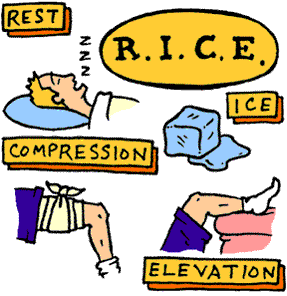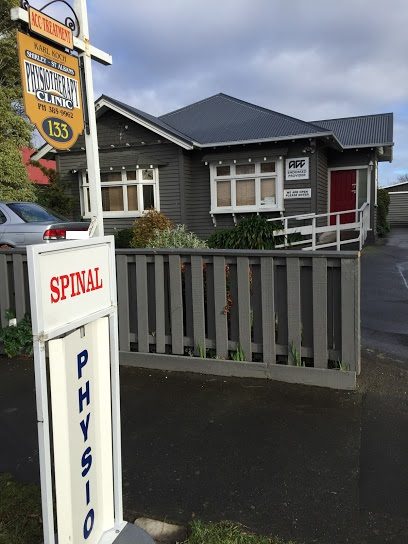R.I.C.E Method
A soft tissue injury such as a sprain, strain or bruise should be immediately treated with the R.I.C.E.D. procedure:
Rest
- Stop activity as soon as the injury occurs.
- Rest prevents further tissue damage. It reduces uncontrolled bleeding into tissues which prevents further swelling and more pain.
- Avoid as much movement of the injured part as possible to limit further injury.
- Don’t put any weight on the injured part.
Ice
- Ice cools the tissue and reduces pain, swelling and bleeding. Place crushed ice (or a bag of peas works well) wrapped in a damp towel onto the injured area – don’t put ice directly onto bare skin.
- Hold the ice pack firmly in place with a bandage (if no banadages, press ice pack by hand).
- Keep ice on the injury for 20 minutes every two hours for the first 48 hours.
Compression
- Firm bandaging helps to reduce bleeding and swelling.
- Ensure that bandaging is not so tight that it cuts off circulation or causes tingling or pain past the bandage.
- Bandage the injury between ice treatments.
Elevation
- Elevation helps to stop bleeding and reduce swelling. Raise the injured area on a pillow or chair for comfort and support.
- Keep the injured area raised as much as possible.
Diagnosis
- Consult a medical professional such as a doctor or physiotherapist, especially if you are worried about the injury, or if the pain or swelling gets worse.
- If the pain or swelling has not gone down significantly within 48 hours, also seek treatment.




